A Guide to Drain Cleaning for Your Home
- Local Editor:Local Editor: James Campbell
Published: Nov 06, 2019
- Category: Home Maintenance , Home Improvement
When you take a proactive approach to drain cleaning, you will be less likely to find yourself in emergency clog situations or dire need of a professional plumber’s assistance. Although there are a lot of different ideas out there on how to keep your drains clean, most people agree on one thing: chemicals should be at the bottom of the list. Here’s a quick guide to help you make the most of drain cleaning around your home.
Table of Contents:
1. Don’t Put That in There
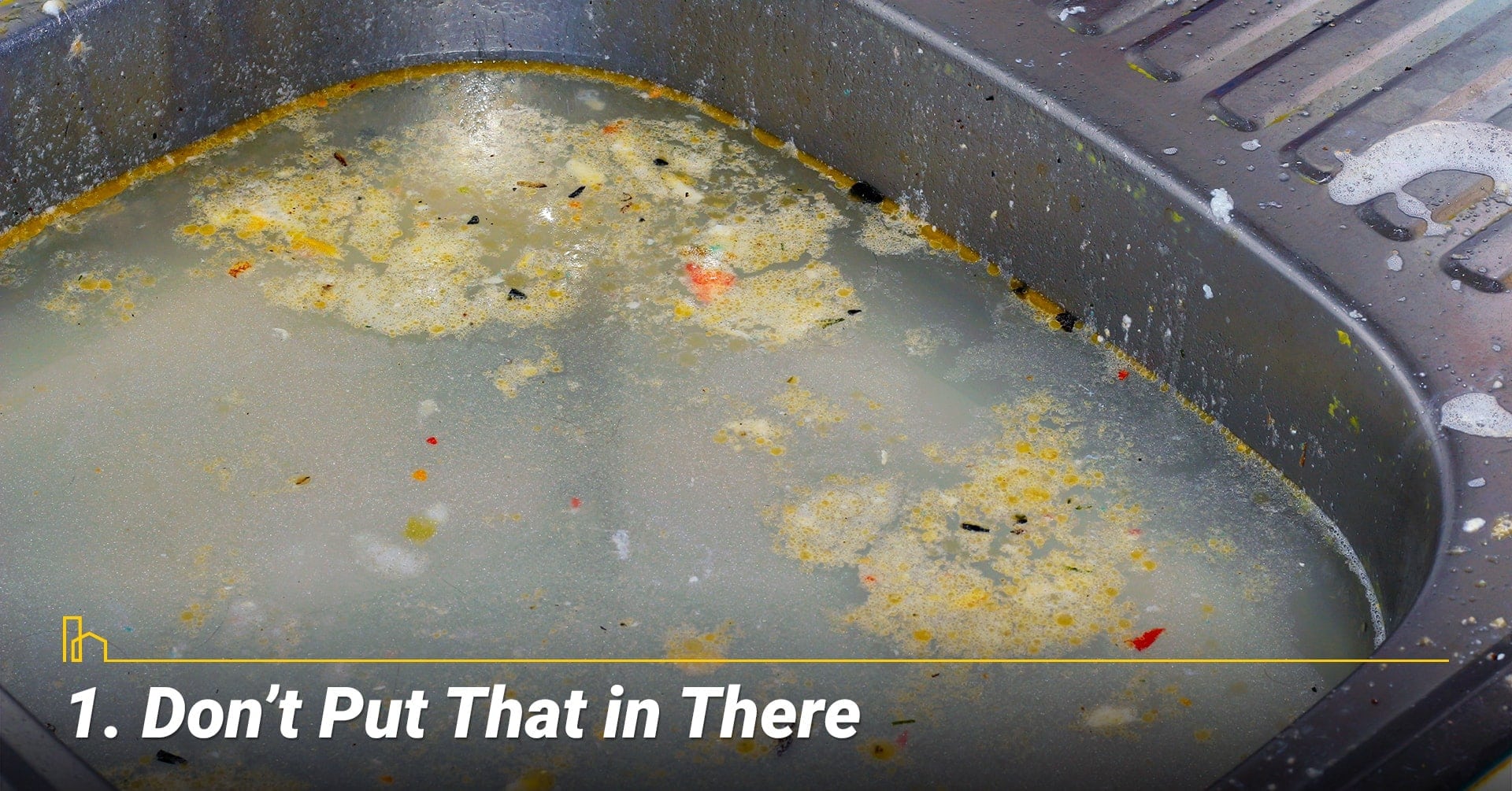
Just because you can put something down the drain doesn’t necessarily mean that you should. Although again, opinions are going to vary, there are some hard-and-fast rules as to what shouldn’t go in drains and garbage disposals:
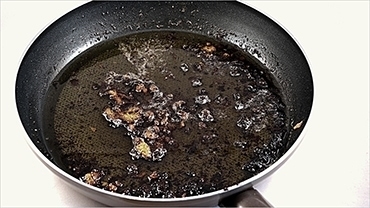 a. Kitchen grease: It doesn’t matter whether it’s liquid cooking oil or leftover bacon grease, it needs to be poured into a particular container for disposal (or possibly saved to use in your cooking). You should never put anything oily or greasy down a drain.
a. Kitchen grease: It doesn’t matter whether it’s liquid cooking oil or leftover bacon grease, it needs to be poured into a particular container for disposal (or possibly saved to use in your cooking). You should never put anything oily or greasy down a drain.
b. 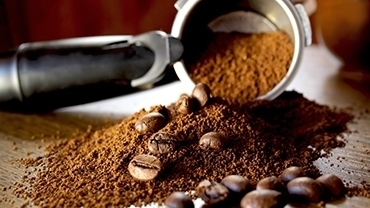 Coffee grounds: They might seem small enough to slide right through, but most plumbers report a majority of kitchen clogs result from coffee grounds clogging the pipes.
Coffee grounds: They might seem small enough to slide right through, but most plumbers report a majority of kitchen clogs result from coffee grounds clogging the pipes.
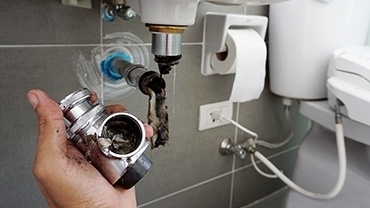 c. Any paper: While flushing toilet tissue is fine, you shouldn’t put paper, paper towels, cotton balls, produce stickers, or anything else paper-based down the drains in your home. No matter how small or insignificant, it’s going to risk big problems.
c. Any paper: While flushing toilet tissue is fine, you shouldn’t put paper, paper towels, cotton balls, produce stickers, or anything else paper-based down the drains in your home. No matter how small or insignificant, it’s going to risk big problems.
7 Key Factors to Know About Living in Boston
Before considering your move to Boston, we have compiled a list of 7 key factors we put together for you. Boston life is about the best city life you can imagine. Relatively small, it’s often referred to as the walking city, with world-class museums, universities, theaters, and gourmet dining…
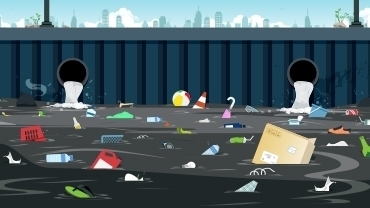 d. Household cleaners: While these won’t necessarily clog your pipes or harm your system, they could make their way into the public water supply, which creates a harmful situation for the entire municipality. Always dispose of chemicals and cleaning fluids properly.
d. Household cleaners: While these won’t necessarily clog your pipes or harm your system, they could make their way into the public water supply, which creates a harmful situation for the entire municipality. Always dispose of chemicals and cleaning fluids properly.
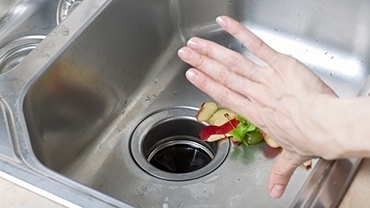 e. Fibrous foods: Celery, onions, asparagus, beans, chard, potato peels, banana peels, artichokes, carrots, corn husks, fruit peels and rinds, lettuce, kale, edamame shells, poultry skin, and pea pods are all examples of fibrous, stringy, or starchy foods that cannot go in the garbage disposal. These foods can get tangled in the blades and cause all kinds of issues.
e. Fibrous foods: Celery, onions, asparagus, beans, chard, potato peels, banana peels, artichokes, carrots, corn husks, fruit peels and rinds, lettuce, kale, edamame shells, poultry skin, and pea pods are all examples of fibrous, stringy, or starchy foods that cannot go in the garbage disposal. These foods can get tangled in the blades and cause all kinds of issues.
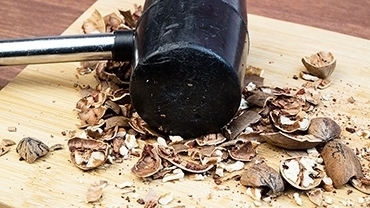 f. Nuts and nutshells: Again, these are too hard for the disposal to grind up properly, and can damage the blades or break the entire system completely.
f. Nuts and nutshells: Again, these are too hard for the disposal to grind up properly, and can damage the blades or break the entire system completely.
7 Key Factors to Know About Living in Chicago, Illinois
Before you consider a move to Chicago, you should consider 7 key factors that will increase your appreciation for the city and guide you to the right neighborhoods and activities for you…
Having a garbage disposal is a great feature, but it isn’t designed to handle everything. There are even some specific items that can cause more harm than good when you put them down the disposal. Make sure that you’re careful about this or you could wind up spending a fortune on waste disposal system repairs and replacements that would be unnecessary otherwise.
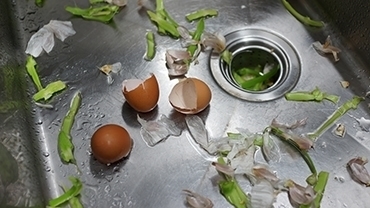 Other foods to keep out of your disposal include:
Other foods to keep out of your disposal include:
· Bones
· Eggshells
· Pasta
· Plants and clippings
· Seeds and rice
· Pits of any kinds
· Oats
For the best results and operation of your disposal, make sure that you consult the owner’s manual as to what can and cannot go into the drains when you have a food waste disposal system. Some systems are better equipped to handle various items than others, so the lists may vary significantly from one device to the next.
Recommended for you
2. Quick Drain Cleaning Tips
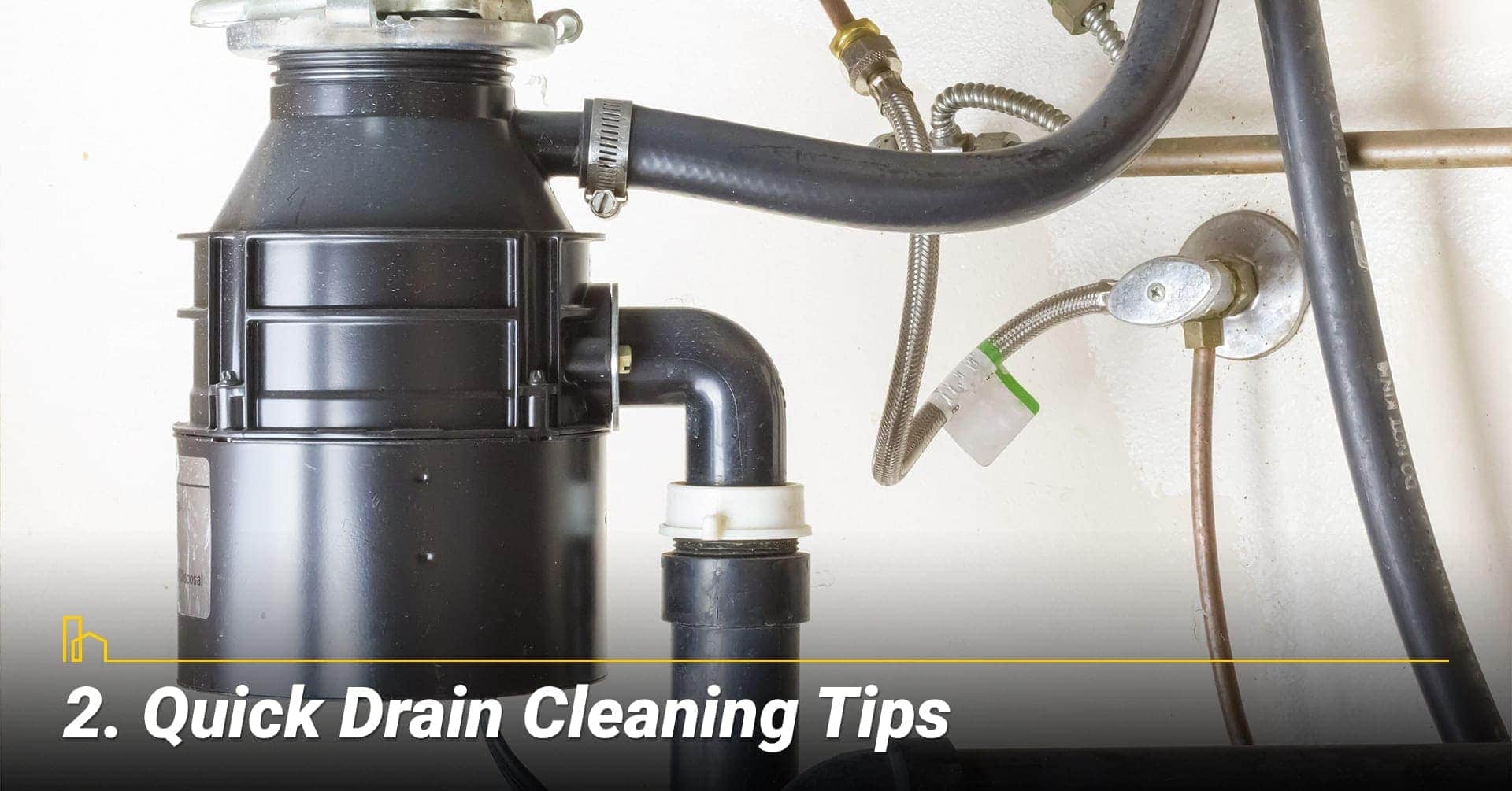
Keep your drains clean and fresh for fewer calls to the plumber with regular cleaning. You should be cleaning drains and disposals at least once per month, and more if you cook or use your sinks more frequently. You can also avoid the use of caustic chemicals in a lot of cases when you take the time to clean your drains on a regular basis, which is good for your drains and your health.
Despite the best of intentions, every now and then, things will slip into the drain that aren’t supposed to. Whether it’s a slow build-up of hair over time, grease that accidentally got dumped down the drain, or even just a random clog, there are a lot of home remedies for clearing drains and keeping them running freely.
For the sake of your pipes, it’s best to use any natural solutions first so that you don’t cause unnecessary damage or expose the system to harsh chemicals if you don’t have to.
Fortunately, most of the natural drain cleaning alternatives involve everyday household items, so you don’t even need to make a special trip to the store. Bring new life to your drains and get rid of most clogs and build-up with the following tips:
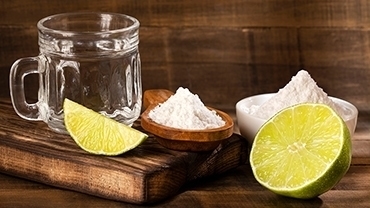 A. Use lemon juice and baking soda to keep your drains fresh and running freely. Baking soda deodorizes, while lemon juice adds a fresh citrus scent. Plus, the two together create a sort of ‘scrubbing’ action along the walls of your pipes, helping clean out the system better than water alone.
A. Use lemon juice and baking soda to keep your drains fresh and running freely. Baking soda deodorizes, while lemon juice adds a fresh citrus scent. Plus, the two together create a sort of ‘scrubbing’ action along the walls of your pipes, helping clean out the system better than water alone.
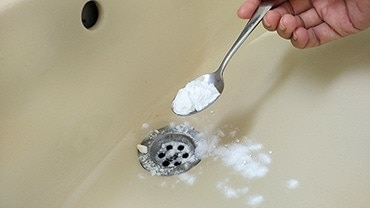 B. You can create a deep-scrubbing cleaner by adding a few teaspoons of baking soda to the garbage disposal or drain, and then immediately following it with a cup of white vinegar. Cover the drain as soon as you add the vinegar to avoid the mixture bubbling out completely. The reaction creates an oxidized foam that can eliminate a lot of build-ups and helps clean your pipes without the need for chemicals.
B. You can create a deep-scrubbing cleaner by adding a few teaspoons of baking soda to the garbage disposal or drain, and then immediately following it with a cup of white vinegar. Cover the drain as soon as you add the vinegar to avoid the mixture bubbling out completely. The reaction creates an oxidized foam that can eliminate a lot of build-ups and helps clean your pipes without the need for chemicals.
 C. White vinegar can naturally break up hair and other build-ups in your drains. You can use it alone or with baking soda to create your own drain cleaner. Run about a cup of white vinegar through your drains every month or so to get rid of grease and other debris and to keep the system fresh. Use it to get those stubborn hair clogs out of bathroom sinks and shower drains, too.
C. White vinegar can naturally break up hair and other build-ups in your drains. You can use it alone or with baking soda to create your own drain cleaner. Run about a cup of white vinegar through your drains every month or so to get rid of grease and other debris and to keep the system fresh. Use it to get those stubborn hair clogs out of bathroom sinks and shower drains, too.
12 Key Factors to Know About Living in Washington, D.C.
The capital city of the United States has a reputation for being a busy political and business hub, but there is a lot more to discover and enjoy for residents of this diverse city. Washington, DC is consistently ranked among Business Insider’s and Niche’s top 50 cities to live in, and there are…
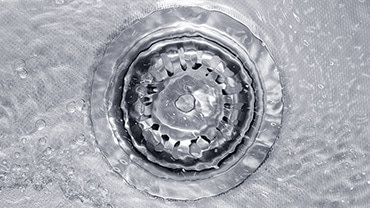 D. Try boiling water to clear out kitchen drains—if there is grease build-up, the boiling water can dissolve it and help pass it along. Before you try caustic drain cleaners or call in the pros, boil a pot of water and dump it down the drain. Make sure that you only pour as much as the sink can hold, just in case it doesn’t go down. The last thing you want is an overflow. Relatively fresh grease deposits can be easily broken up by boiling water, in most cases.
D. Try boiling water to clear out kitchen drains—if there is grease build-up, the boiling water can dissolve it and help pass it along. Before you try caustic drain cleaners or call in the pros, boil a pot of water and dump it down the drain. Make sure that you only pour as much as the sink can hold, just in case it doesn’t go down. The last thing you want is an overflow. Relatively fresh grease deposits can be easily broken up by boiling water, in most cases.
 If you can’t get rid of stubborn clogs, you may need professional drain cleaning services. Proper drain care and maintenance, however, can go a long way to prevent that when you take a proactive approach. Keep these things in mind and give your drains a little extra TLC, and they’ll serve you well for years to come.
If you can’t get rid of stubborn clogs, you may need professional drain cleaning services. Proper drain care and maintenance, however, can go a long way to prevent that when you take a proactive approach. Keep these things in mind and give your drains a little extra TLC, and they’ll serve you well for years to come.
Table of Contents:
James is a professional web developer, digital marketer and director of Net Search based in Perth, Western Australia. He’s a blogger in his spare time with over 8 years of experience in the industry. He has written blogs on a variety of topics ranging from gardening to smart home technology. When not writing he enjoys web development and gaming.































































































































































